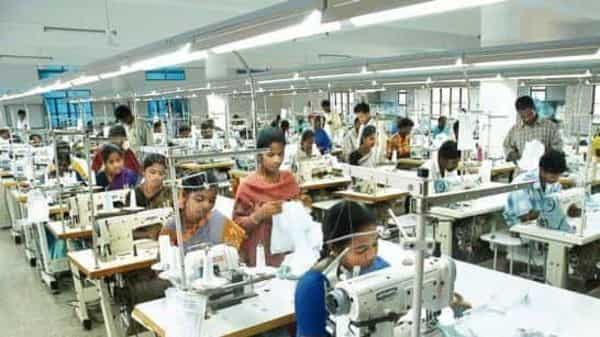Risk-wary banks may stall small business rescue

Banks wary of bad loans could derail the government’s mega rescue package for small enterprises, industry officials said, since much of the promised money is to be given out as loans.
Finance minister Nirmala Sitharaman on Wednesday announced ₹3 trillion collateral-free loans and partially guaranteed ₹20,000 crore of subordinated debt for cash-starved micro, small and medium enterprises (MSMEs). However, the whole plan hinges exclusively on greater lending by banks, which have so far preferred paltry interest from the central bank to greater returns from riskier loans.
Experts said private banks will be more choosy under the scheme than their public sector counterparts. Also, while ₹3 trillion of loans will be fully guaranteed by the government, the partial guarantee for subordinate debt may deter lenders.
Banks have been parking over ₹7 trillion daily with the Reserve Bank of India (RBI) for quite some time now, stashing a whopping ₹7.83 trillion on 14 May under the reverse repo operations of the central bank, at a meagre interest rate of 3.75%.
RBI has cut the reverse repo rate by 115 basis points in just a month to discourage banks from parking funds with it instead of lending. However, the measure has had little effect—while banks kept ₹4.43 trillion with RBI on 27 March when the rate was first cut, the amount was ₹7.09 trillion on 17 April on the day of the second cut.
“Collateral-free loans as well as subordinate debt schemes to support micro, small and medium enterprises (MSMEs) are positive from the MSME perspective, but rely significantly on the banking as well as the non-banking financial company (NBFC) sector to provide the funding,” Care Ratings said in a 14 May report.
These institutions, Care said, have turned risk-averse, reflected in the slowing credit disbursal ratio as well the parking of excess liquidity with RBI. The report said due to these announcements, including moratorium advised to lenders, MSME bad loans may come in lower in the current year, but could see a spike next year.




